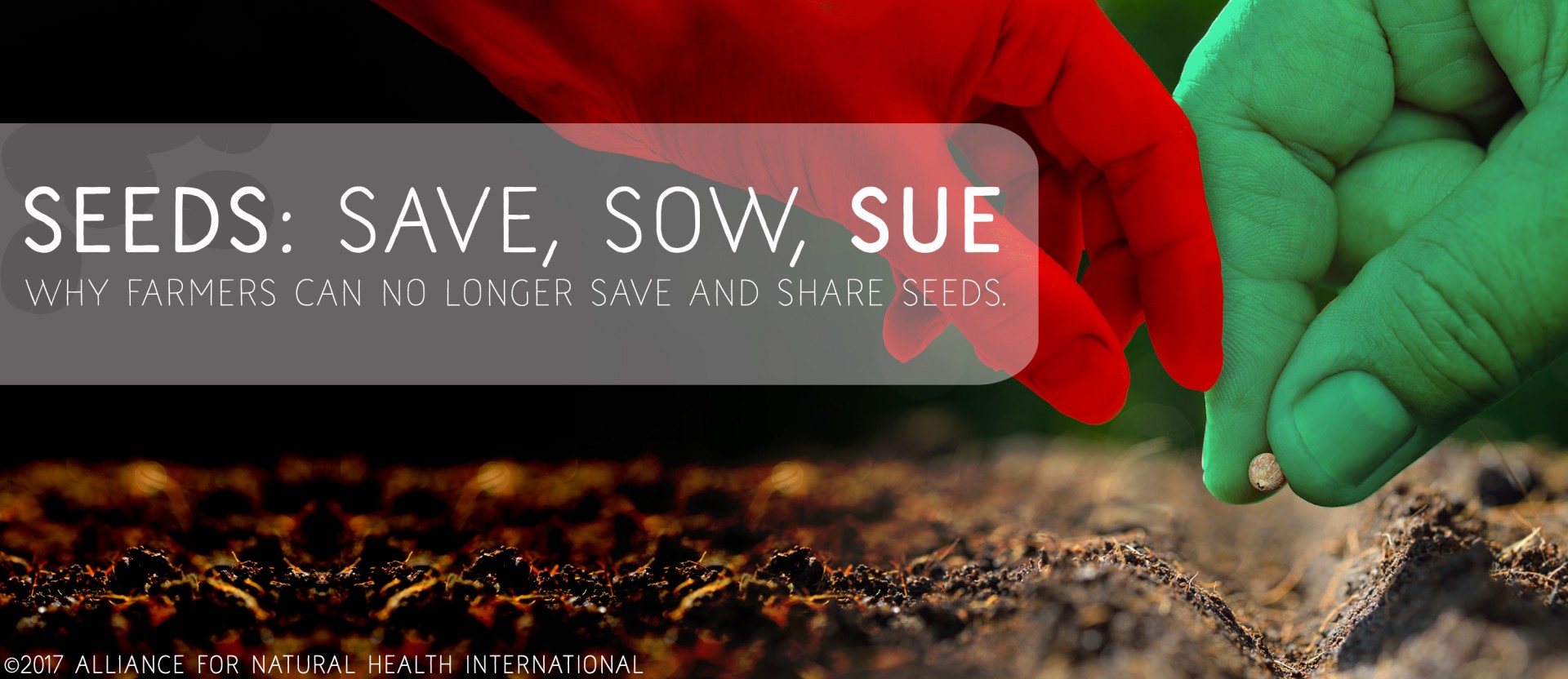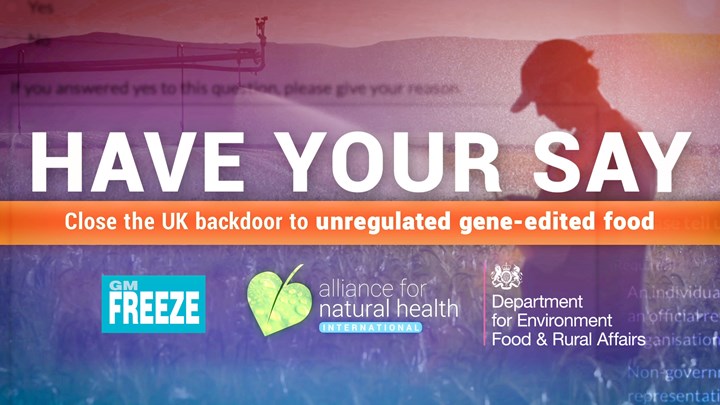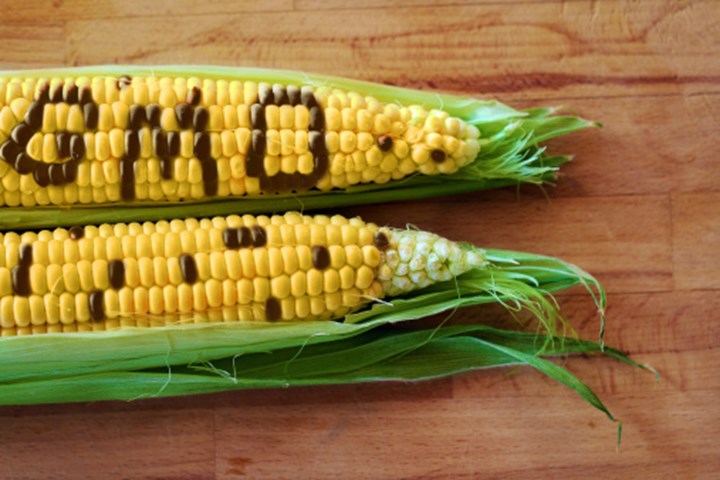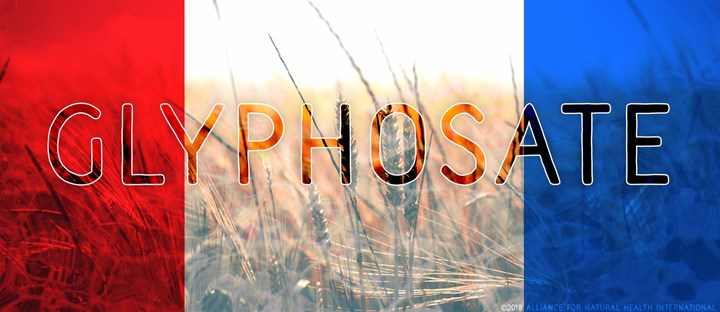Content Sections
How far will governments go to help Big Agra promote and protect its products? An uncomfortable side effect of the industrialisation and globalisation of agriculture has been the handing over of the control of our food supply to an ever smaller number of super-sized corporations.
These corporate conglomorates have made global agriculture more dependent on the seeds, fertilizers and pesticides that they sell. While pesticide and fertilizer sales have plateaued in the industrialised West, China, India and other emerging markets represent by far the largest and fastest growing markets for these products.
While Big Agra reaps the financial benefits, the rest of the world bears the cost, notably to our health and the ecosystems on which we all depend for our survival.
Grow to reduce competition and increase profits
This concentration of agricultural resource in the hands of a few is far from static. Multi-national agri-business conglomerates continue to merge with other agri-conglomerates to create mega-conglomerates. Their goal is nothing less than the control of agriculture, from seed to table. Currently it’s estimated Big-Agra controls approximately 70% of the seed market (mostly corn, soy and cotton), but as patents expire these conglomorates are turning their attention to other crops - particularly in developing economies.
By ‘creating’ new genetically engineered seeds, that promise ever higher yields, resistance to pests and weeds, increased profitability and then licensing the seeds, agri business builds huge profits. However, farmers taken in by the promises soon find this reality is far from the marketing hype, with the deception soon uncovered as a lie. They quickly find themselves subsumed by superweeds and superpests, trapping them in a cycle of needing more and more of the toxic chemicals marketed by the same conglomerates and ever spiralling debt. All the while we are reassured that these companies have only the interests of supporting our farmers and providing affordable food for all at heart.
The seeds of survival
Seed saving and sharing is the most basic and critical input for sustainable agriculture.
Since nomadic people settled and began domesticating plants some 12,000 years ago, farmers have sown seeds, harvested crops, saved seeds and exchanged them with their neighbours. With the growth of agri-business, traditional seed sharing is massively at risk, particularly with the profusion of laws making it illegal to share patended seeds procured from companies like Monsanto.
In the USA, states are passing “seed-preemption laws” designed to stop counties and cities from enacting their own rules on how seeds are used and whether GMOs are grown, taking the decision over what can be grown far out of local control.
Similar laws were proposed in the EU, helped by the input of the very companies developing the seeds. Thankfully the proposal was dropped on the basis of being “too controversial or unpopular”.
In Tanzania, seeds bought from Syngenta or Monsanto will not be allowed to be saved or shared, effectively trapping farmers into buying new seed each year and facing huge fines or imprisonment if they do try to pass them on. India has similar laws relating to seed bought from agri-companies.
Where does this leave the farmers? The very people who rely on those seeds and feed our communities? In a vicious circle that benefits only the agri-business.
Creating a diverse and sustainable future
We’ve said it before, we’ll say it again. Food production needs to be sustainable. As we lose crop diversity, increase our reliance on chemicals to grow food crops and reduce biodiversity, we put the very survival of the human race at risk.
Rather than trying to create super-crops (a noble premise at its best), we should be managing the soil as a vital, living resource and trying to diversify and increase the range and varieties of plant foods available. Plants need to exchange genetic material naturally, aided as far as possible by natural pollinators like bees that are increasingly threatened by industrial agriculture. We should be working with, and not against, nature. Only then will we be able to create a sustainable agriculture and lifestyle and future proof ourselves.
Brexit and GMO
As the world is divided into ever larger trading blocs (the EU being one of the largest), agreements between them push us ever closer into a world in which food is controlled by a smaller number of food and agri oligopolies. As our awareness over the folly of industrial agricultural systems increases, these corporations have been quick to exploit new pastures in developing nations.
If a country withdraws from a trading bloc, can it buck the trend? Could the UK set an example through its extraction from the EU with Brexit? Frankly, we believe the only chance of this happening would be as a result of mass opposition to any approach taken by the British government, which has long been deeply in bed with Big Agra and Big Biotech. As the UK government seeks new trading partners, it’s been conspicuously quiet on the issue of GM crops. There is a real concern that, released from the European Parliament’s mistrust of GMOs, itself a reflection of half a billion citizens’ concerns, the gates could be opened to a flood of GMO foods. However, with enough consumer pressure the UK could develop more of an island economy - one that increases self-sufficiency, sustainability and reduces dependency on imports. It might just be up to the British public to take this one way or the other.
Read on to find out what you can do.
What can you do?
- Buy local, seasonal product to encourage community control of their food supply
- Grow your own – anywhere - whether you have a window box, garden or allotment there’s always something you can do. Every little helps!
- Consider using a box scheme to encourage seasonality and diversity of foods
- Choose non-GMO foods where possible
- Take a stance against pesticides and weedkillers and garden ‘Au Naturel’
- Tell your elected representative that you don’t want GMOs in your food chain. We need to develop a sustainable model of agriculture, working in harmony with nature, and reducing the use of chemical pesticides and herbicides to stop further contamination in our diets
- Find out more about why we need to take a stand against genetically engineered seeds and the technology that supports them








Comments
your voice counts
30 August 2017 at 11:46 pm
"Frankly, we believe the only chance of this happening would be as a result of mass opposition to any approach taken by the British government..."
Good luck with that. The government is keen to bring in tighter controls on "our right to protest" amongst other measures. And then you have the consumers happily blocking freedom of choice willingly or not.
I recently had a discussion with organic growers who are confronted by anti-organic shoppers. I quote....
"....such as the anti-organic movement - I have personally been witness to anti organic shoppers in my time on markets... never would have believed it until I saw it with my own eyes. And the press, hardly ever talking about organic and normally coming up with anti organic stance articles... this all is a limiting factor."
Unfortunately too many of the general public don't care anymore, don't care about their food, where it comes from how its grown etc, their focus is time and cost. There is a massive (constructed by those with lots to gain) disconnect with food. Tackle this first then the change will happen.
I am a keen vegetable grower and care passionately about what I grow, how I grow it and what I eat, but with waiting lists for allotments diminishing nationally it doesn't look like a bright future for allotments, especially now so many are up for sale or being keenly eyed for development by greedy developers.
But it's great news that you are taking up the fight. What about joining up with some of the independent seed companies and organic growing groups and coperatives?
31 August 2017 at 12:45 pm
I think there is a huge amount of information now about the effects of our food choices. With the ability to watch documentaries online on alternative cancer treatment/GMO devastation/vaccine reality/corporate greed and corruption/green medical info and so on the public are in a position now as never before to find out for themselves what they need to know. It is the case for some people that they want a quick answer to their busy lives and don't care but this information is filtering down I believe through social networks and social media. The internet is connecting people and ideas without filters which has its dark side but also a positive side. Keep working to educate people it is having an effect.
Your voice counts
We welcome your comments and are very interested in your point of view, but we ask that you keep them relevant to the article, that they be civil and without commercial links. All comments are moderated prior to being published. We reserve the right to edit or not publish comments that we consider abusive or offensive.
There is extra content here from a third party provider. You will be unable to see this content unless you agree to allow Content Cookies. Cookie Preferences